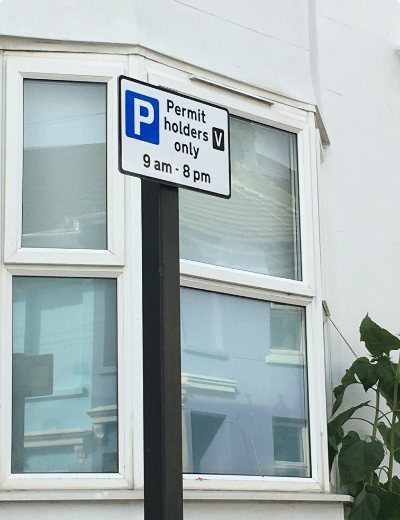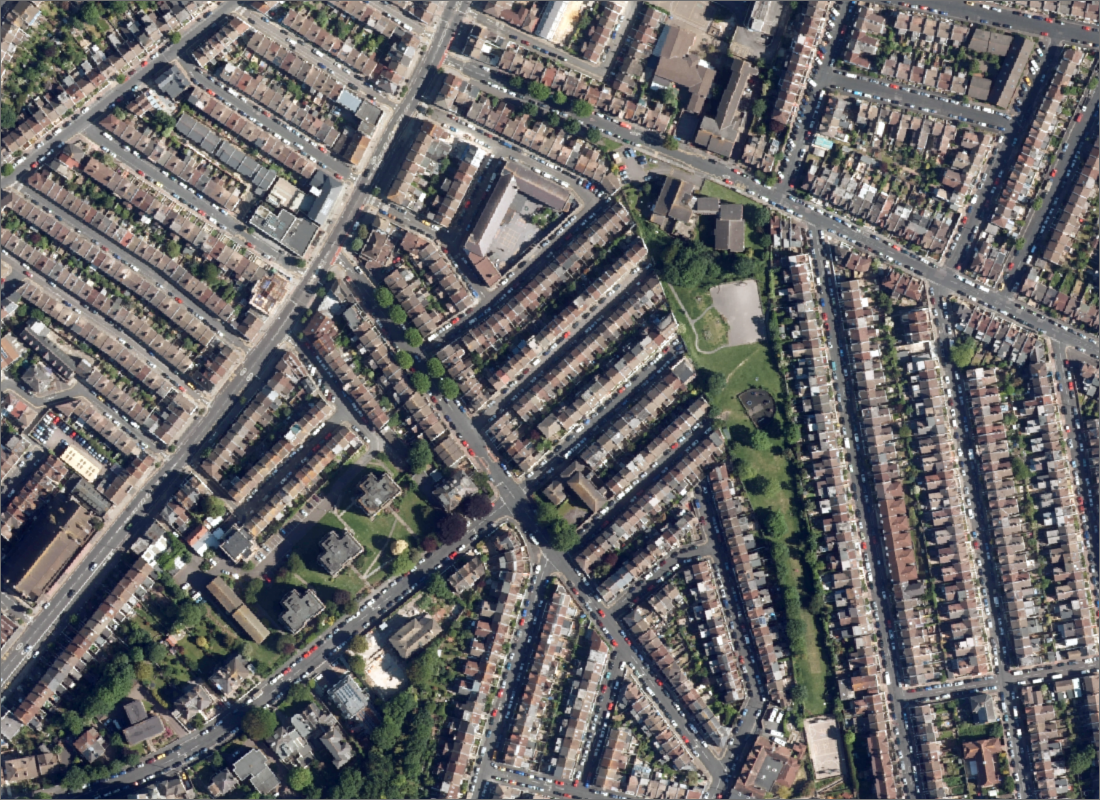A list of landlords
Creating a Property Index.
Being able to identify rental properties is critical to the efficient processing of data in multiple service areas. For example, electoral services want to avoid contacting landlords during canvassing, and parking need to exclude landlords from applying for parking permits at the rental address.
As a register of landlord names does not exist, we had to think laterally. By comparing datasets containing 'occupation behaviour' and property purpose, we have been able to identify the property usage instead. This provides BHCC with the ability to query a property address and determine whether or not it is a rental or owner/occupied.
Key project details
- 139,431 residential properties in the City
- There are 11,232 BHCC-owned properties
- And 104,785 owner/occupied properties



Property-centric
Property rather than person.
Initially we wanted to determine landlord details in service datasets, however, we found that information often didn't exist or wasn't kept up-to-date. We quickly realised that trying to compile a list of named landlords would be impossible.
We looked instead at trying to establish certainty about the property and created the Property Index to identify characteristics about the address. By using multiple data sources to determine that a property was probably a rental, we avoided the need to identify the landlord by name.

Multiple datasets
A patchwork of data.
We pulled in data from LLPG, HMO and Housing to identify property types that were already known to have tenants, for example, HMOs and social housing. Additionally we used Land Registry data to identify companies and businesses listed as residential property owners.
We also spoke to Hackney council to find out how they identify private rented properties. They look at parking and council tax records to identify properties where there is a frequent change of occupier. Albeit not certain, it is an indicator that tenants are more likely to move in and out within shorter time periods than owner occupiers, and this has now been incorporated into our processes as well.
Wider benefits
We have now successfully identified 26,455 private rented properties in the City.
This will provide an immediate benefit to the following services:
- Electoral Services - a reduction in the number of complaints they receive from landlords who are annoyed at being canvassed to vote
- Empty Property Team - a reduction in the number of complaints from landlords who do not have empty properties, but rather a temporary void period
- Private Rented Sector - an increase in the amount of support available to tenants
- HMO Team - an increased visibility of HMO properties which will help identify those which should have an HMO licence
- Parking Teams - an improved customer experience, enabling customers to apply for resident and visitor parking without the need to upload documents




